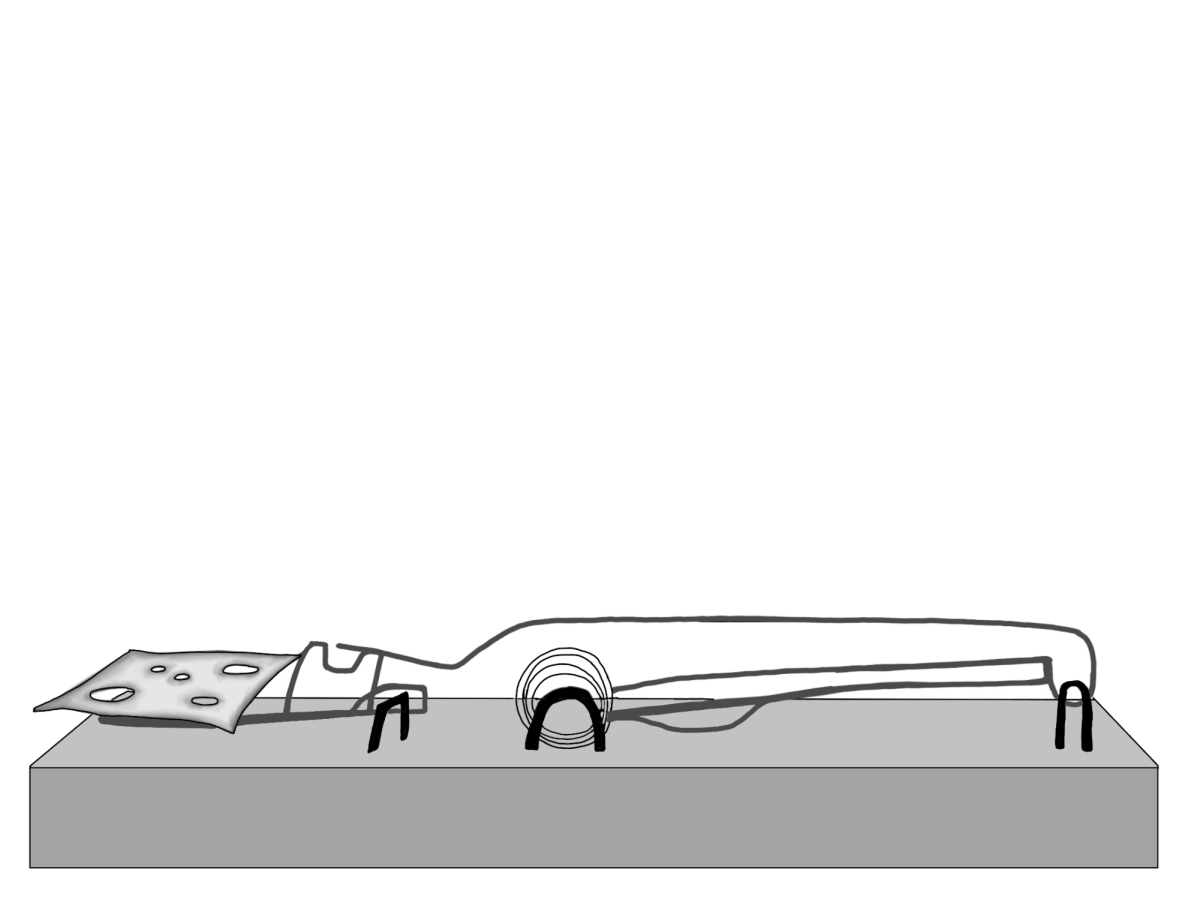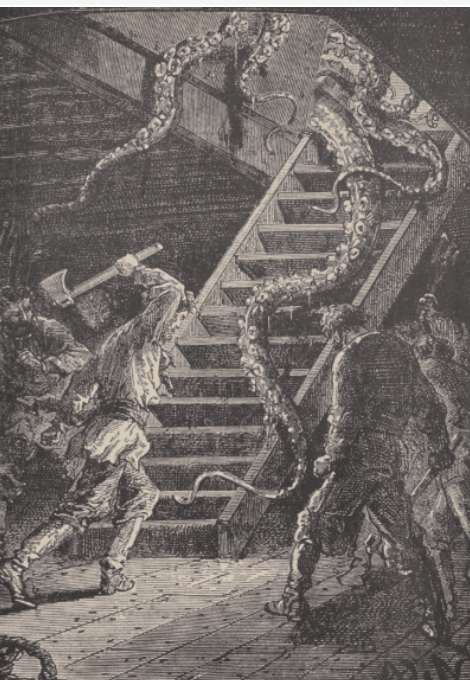Proceeding with Impeachment: What It Means for the U.S.
November 22, 2019
As the 2020 presidential elections grow closer, the country grows tenser, especially since Speaker of the House, Nancy Pelosi, announced an impeachment inquiry on September 24th into President Trump’s covert dealings with the Ukrainian government.
The supposedly impeachable offense at hand is a quid pro quo deal initiated by the Trump administration. Trump had called and asked Ukrainian president, Volodomyr Zelensky, to investigate 2020 Democratic presidential candidate Joe Biden and his son Hunter Biden; in return, Trump would provide military aid to Ukraine.
These allegations were brought up by a number of White House whistleblowers. Later, the White House corroborated these allegations with a non-verbatim transcript of the phone calls between President Trump and Zelensky.
Regarding the definition of impeachment in the United States, the Constitution state that “Treason, Bribery, or other high Crimes and Misdemeanors” are all impeachable offenses. The last phrase – “high Crimes and Misdemeanors” – may seem vague. However, the framers of the Constitution purposefully made it so, so that future governments could apply the clause to a contemporary society as they see fit.
According to law professor at Hamline University, David Schultz, the tradition of trying “high Crimes and Misdemeanors” dates back to 14th century England, where officials could be charged with accusations that go broader than just crimes, such as “poor performance” and “maladministration,” and charges that dealt largely with a lack of competency.
Moreover, it allows impeachable offenses to go beyond just criminal offenses. In “Federalist 65”, Alexander Hamilton describes impeachable offenses as “political, as they relate chiefly to injuries done immediately to the society itself.”
Thus, the purpose of impeachment impeachment is not always to prosecute criminals, but is chiefly initiated to uphold a standard of accountability and remove those who are unfit for public office.
Cody Bibeau, ‘20, who has been active in past Democratic campaigns such as congressman Dean Phillips’ in 2018, is pro-impeachment because he believes that since “the democrats won an overwhelming majority” in the congressional elections, and “the people gave the Democrats the power,” then “it is their responsibility to use it” to uphold accountability.
What could this investigation spell out for President Trump’s future? In the past, only two presidents have been tried for impeachment, and neither were removed from office.
The Articles of Impeachment that were drawn up against President Andrew Johnson placed little emphasis on criminal charges.
On the other hand, not all criminal conduct is impeachable. President Nixon, in 1974, was not impeached on article accusing him of tax fraud because it related to the “President’s private conduct, not to an abuse of his authority as President,” according to impeachment reports from the Congressional Research Service. However, neither of these presidents were removed from office as a result of their impeachment trials.
Presidential impeachments must begin with an investigation in Congress, typically done by the House Judiciary Committee, but could also be done by the Senate Judiciary Committee, as was the case with Nixon’s impeachment.
Next, the majority of the House of Representatives must vote on articles of impeachment, which represent the official allegations that Congress is charging the President in question with.
Lastly, the Senate must try the accused along the articles of impeachment, and Chief Justice of the Supreme Court will preside over the hearings. In order to be convicted, which will remove the President from office, there must be a two-thirds majority vote in the Senate.
At the moment, it seems unlikely that the Republicans in Congress will vote in favor of impeachment, since unseating a Republican president will not help the GOP in 2020, by any means. The best that the Democrats can hope for will be a split vote among the Republicans, which will be short of a conviction for Trump, but will leave him weakened in the face of the 2020 elections.
If the impeachment trials go south, then it could be used against the Democrats in the elections, which will significantly weaken their position against Trump’s reelection campaign. Moreover, Trump will most definitely realign focus on the allegations towards Joe Biden and his son, the candidate Trump was asking Ukraine to investigate in the first place.
On the other hand, Biden will most likely suffer in the polls due to guilt by association with the cause of this impeachment scandal, and his falling behind may give the chance for another moderate blue candidate to take his place, as Senators Warren and Sanders represent the more radical end of the spectrum of Democratic contenders.
Now, all America can do is wait and see where the impeachment trials lead, and how the 2020 elections play out.

























